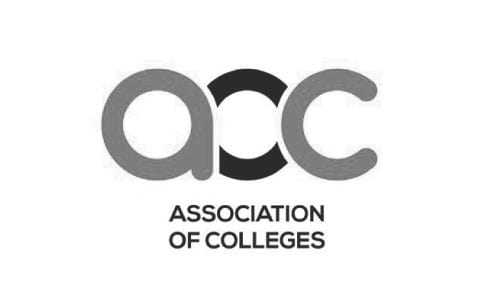New vision for the college of the future puts Further Education at the heart of investment and opportunity
A vision for the college of the future putting Further Education at the heart of investment and opportunity has been set out in a newly-published report.
The blueprint, published this week by the Independent Commission on the College of the Future, has been fully endorsed by Nelson and Colne College Group’s Principal and Chief Executive Amanda Melton, who sits on the Commission as representative of College Principals in England.
The report entitled ‘People, productivity and place: a new vision for colleges’ focuses on what the demands and needs will be of colleges in 10 years’ time and the changes that are needed in the sector in order to achieve this.
Issues the Commission has explored include demographic change, the climate crisis, technological revolution, and the changing demands of the labour market – and how colleges can be at the heart of meeting those challenges.
The report is accompanied by a collection of short essays from leading voices from across the education and skills system and case studies about the civic role of colleges during the COVID-19 pandemic.
The Commission, led by the UK’s National Statistician Sir Ian Diamond, believes the college of the future will be central to driving a fairer, more sustainable and more prosperous society:
● For people, colleges will be a touchpoint for everyone throughout their lives as the world changes.
● For productivity, colleges will provide strategic advice and support for employers to drive business change, innovation and future workforce planning.
● For place, colleges will have the resources and funding to play an even greater role in fostering healthy and connected communities.
Amanda Melton said: “For too long colleges in England have not had the recognition and investment that they deserve – representing a tremendous lost potential.
“The UK Government’s FE White Paper for England presents a critical opportunity for boldly affirming the role and mission of colleges, alongside universities, to meet the education, skills and training needs of everyone throughout their lives.
“The infrastructure and expertise are there, we just need to create systemic collaboration with employers and universities and provide colleges with a clearer role. Colleges should be home to training for young people and adults, offering IAG, business support and routes into work, and they must play their part in moulding the future workforce.
“The vision we have launched marks a moment when our sector is saying that, with investment and reform, we can together deliver more for people, productivity and place.”
The Commission is now taking feedback on its vision before publishing its final report in the autumn.
For more information about the Independent Commission on the College of the Future, visit the website at www.collegecommission.co.uk/
Nelson and Colne College Group is one of the leading College Groups nationally and consists of Nelson and Colne College, Accrington and Rossendale College and Lancashire Adult Learning, supporting 20,000 learners annually.
Applicants looking to apply to Nelson and Colne College or Accrington and Rossendale College for a September start still have the time. Visit www.nelson.ac.uk or www.accross.ac.uk or contact the Admissions Team on 01282 440272.
For Lancashire Adult Learning’s wide range of courses, visit the website at www.lal.ac.uk or call 0333 003 1717.














